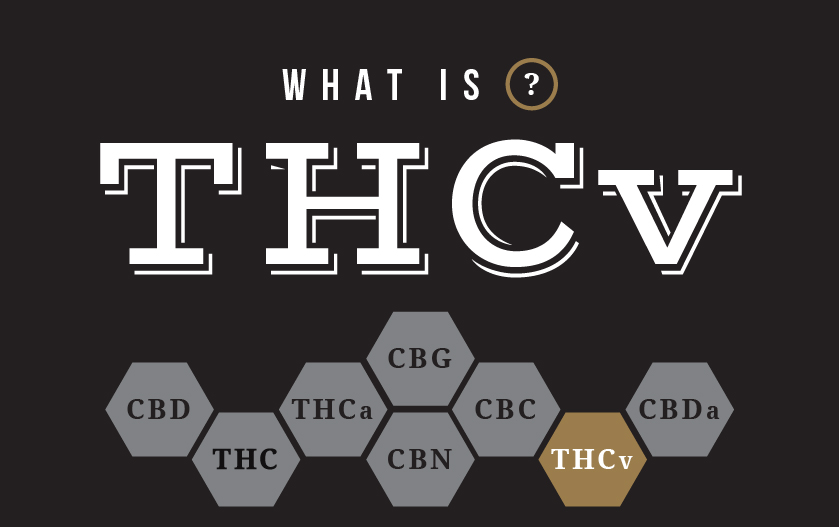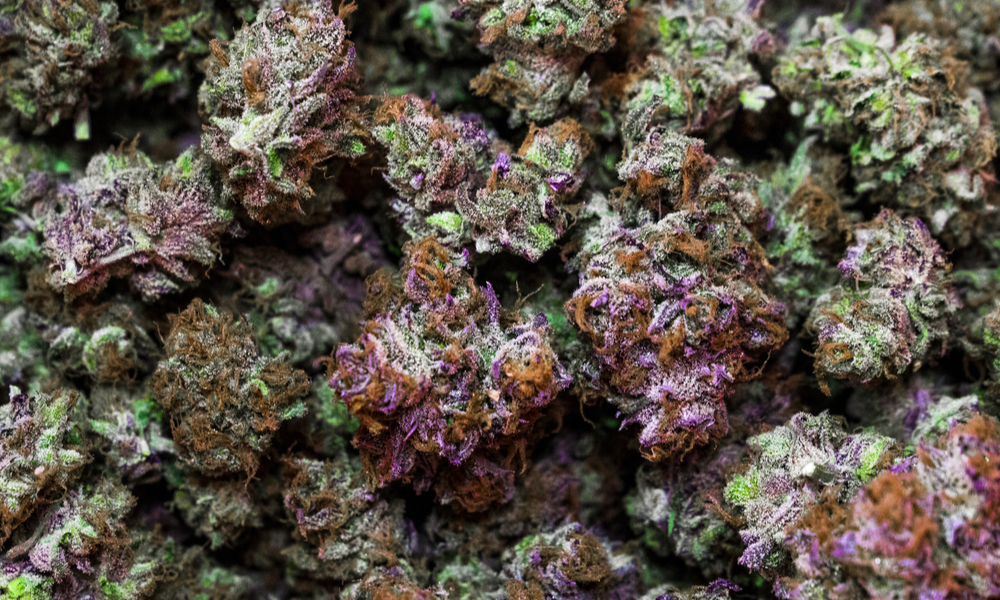Tetrahydrocannabivarin (THCV) is a cannabinoid substance discovered in cannabis and hemp plants. It's chemically comparable to tetrahydrocannabinol (THC) but with some essential distinctions. Here's everything you require to know about THCV including the dangers, advantages, distinctions, and resemblances with other forms of THC and more. What Is THCV? THCV is a less typical cannabinoid discovered in some stress of marijuana, especially African sativa.
 The Therapeutic Value of THCV • truPhys
The Therapeutic Value of THCV • truPhys
 THCV vs THC: What Are the Differences? Articles Analytical Cannabis
THCV vs THC: What Are the Differences? Articles Analytical Cannabis
 What is THCv Cannabinoid Explained - leafipedia.net
What is THCv Cannabinoid Explained - leafipedia.net
THCV has a 3-carbon side chain rather than THC's 5-carbon side chain. This difference is subtle, however it has a visible effect on the result profile. THCV is somewhat psychoactive however just about and about. What Does THCV Feel Like? THCV has a strong energy-boosting component to it, that makes it especially popular among students and athletes.
In the United States, THCV policy is nuanced. THCV is not a Schedule I Drug, however cannabis extracts are making it rather ambiguous what the federal position is on THCV. The 2018 Farm Bill mentions that hemp plants and all derivatives of the plants are legal on a federal level, a lot of companies follow this law and still offer THCV to consumers by just extracting the substance from hemp plants.
If THCV is thought about a THC analog, it might be managed in the future by the same guidelines as THC under the Federal Analog Act. This act mentions that any compound that shares a similar molecular profile as a known prohibited substance it's included in the exact same drug Schedule classification.
What Are the Results of THCV? Advocates of THCV report that it produces an intense burst of energy and makes them feel euphoric without the mental cloudiness triggered by THC. The results are very moderate compared to THC. The results are practically Get more info exclusively cognitive yet in some way have very little influence on headspace.
2. THCV & Cravings Some THCV users claim that it curbs their hunger. This is a typical effect of other focus-enhancing compounds. It's as though THCV removes the interruption of other physical procedures (like appetite) in order to maintain resources and attention to cognitive jobs instead. How Does THCV Work? Cannabinoids produce biological results in the human body by interacting with endocannabinoid receptors.
CB1 receptors are situated in the worried system and communicate with neurotransmitters in the brain to produce mind-altering effects. Interaction with CB1 sites is what gives some cannabinoids like THC their psychoactivity. THCV is a bit challenging to comprehend because it's mostly a CB1 antagonist, indicating it has the opposite result as THC.
While researchers are still seeking to comprehend this process, it appears THCV has the ability to obstruct the results of CB1 in low dosages and promote them in high dosages. CB2 receptors are found primarily in the immune system. THCV is a partial agonist of CB2, but the effects of this partial activity website aren't well-known, and it seemingly has no noticeable effect on THCV users' experience.
As discussed in the previous area, THCV is a CB1 villain in low doses which is the specific opposite effect of delta 8 and delta 9 THC. This might mean that THCV neutralizes some of the psychoactive impacts of THC. This effect could discuss why individuals who use THCV feel so clear-headed especially compared to the infamous "fogginess" caused by delta 9 THC.